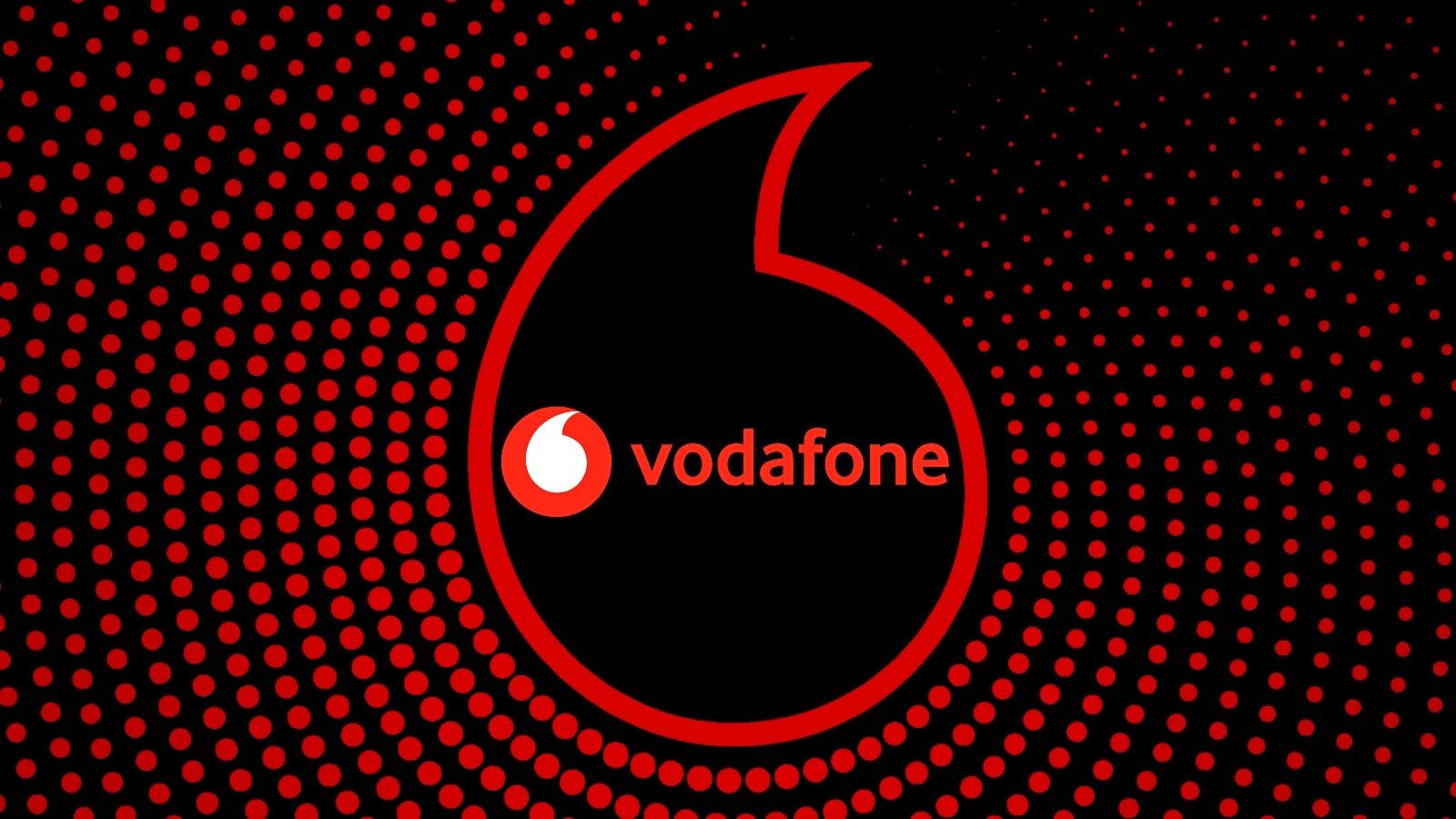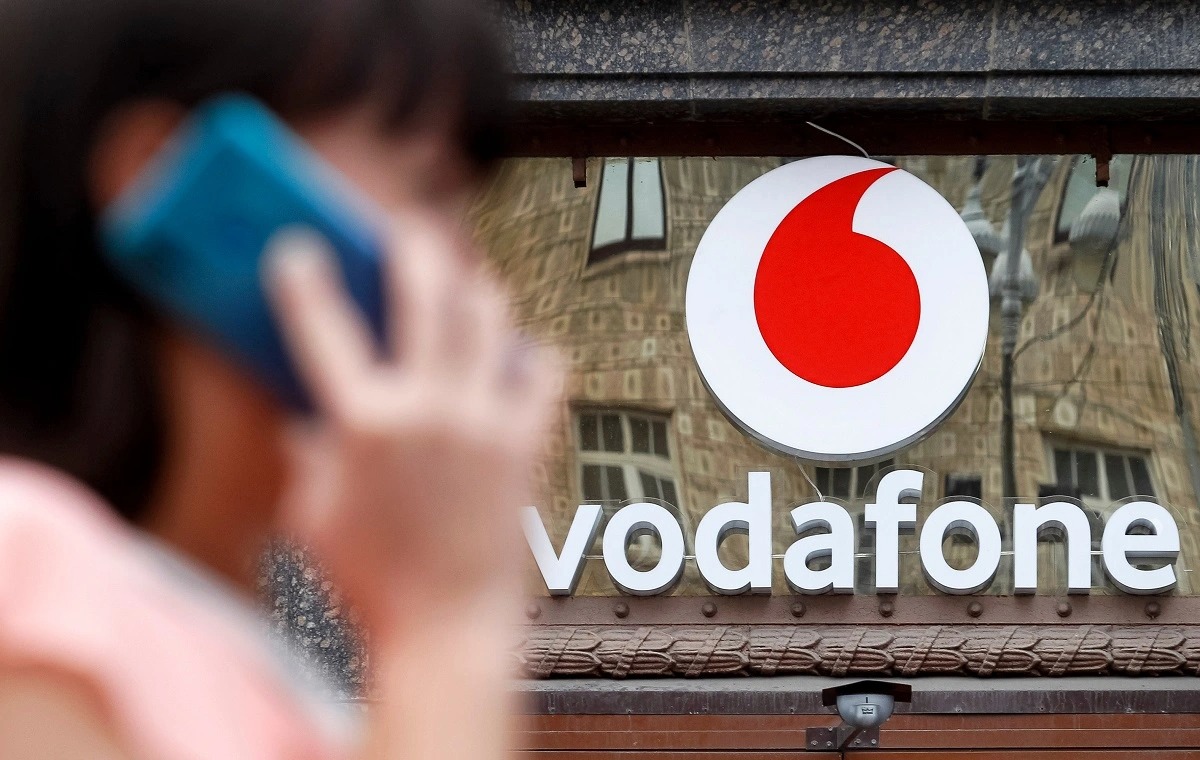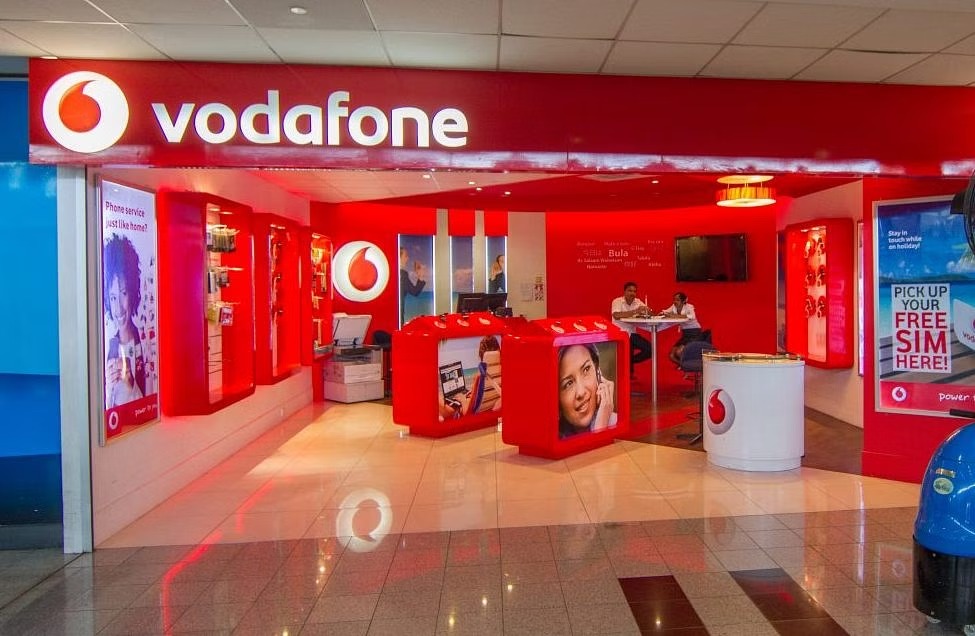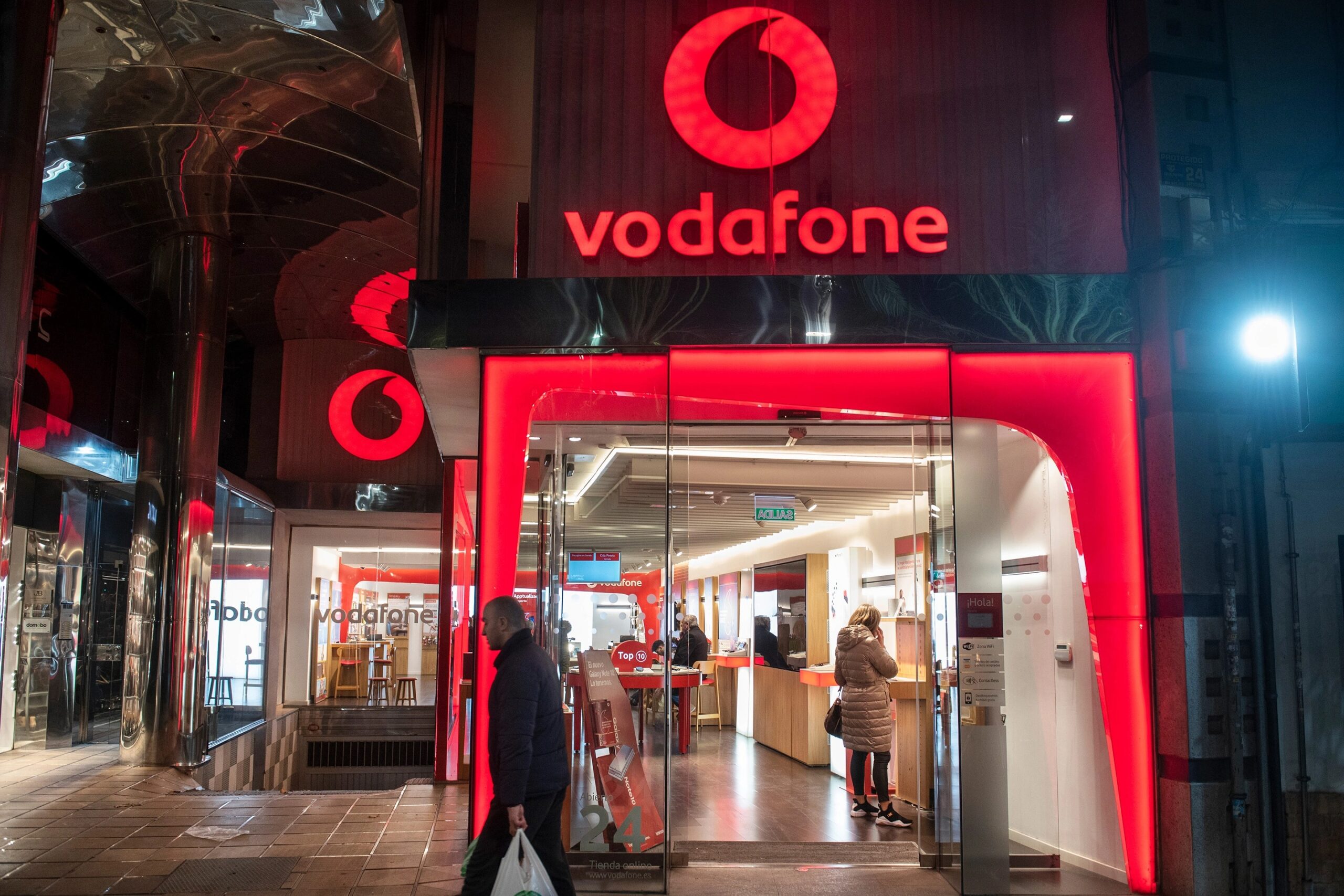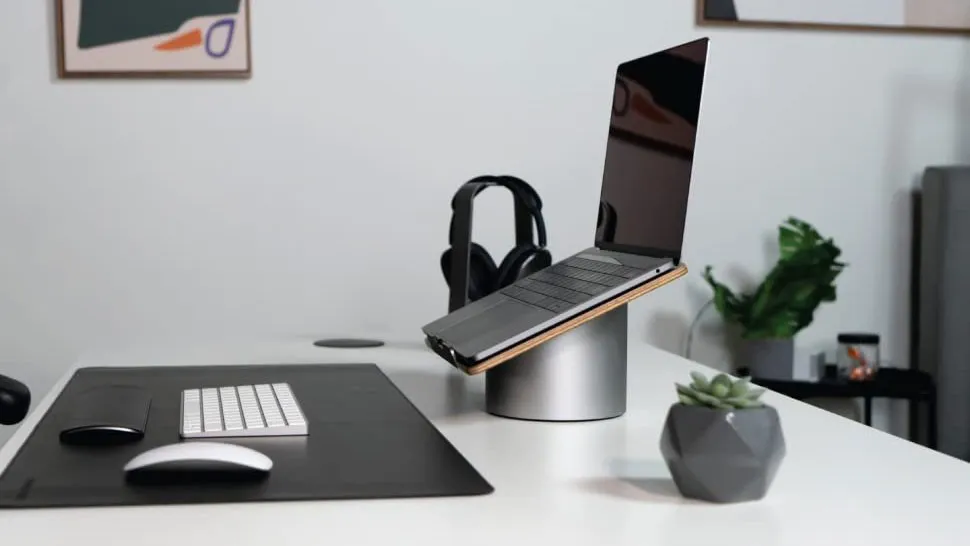Vodafone, one of the world’s largest telecommunications companies, has a history of forming partnerships and collaborations with other businesses and organizations to expand its reach and capabilities. Some of its notable partnerships and collaborations include:
- IBM: In 2019, Vodafone announced a 10-year partnership with IBM to bring cloud computing and artificial intelligence (AI) to its business operations. The partnership aims to improve Vodafone’s customer experience and increase operational efficiency.
- Amazon Web Services: Vodafone partnered with Amazon Web Services (AWS) in 2020 to develop a new cloud-based platform for business customers. The platform is designed to help businesses manage their data and applications more efficiently and securely.
- Ericsson: Vodafone has a long-standing partnership with Ericsson, a leading provider of telecommunications equipment and services. The two companies have worked together on projects such as 5G network development and the Internet of Things (IoT).
- Google: In 2020, Vodafone announced a strategic partnership with Google to develop data services for businesses. The partnership includes the integration of Google Cloud’s capabilities with Vodafone’s IoT platform, providing customers with a unified solution for managing their IoT data.
- Huawei: Vodafone has also worked with Chinese technology giant Huawei on a number of projects, including the development of 5G networks. However, in 2019, Vodafone announced that it would phase out Huawei equipment from its core network due to security concerns.
Overall, Vodafone’s partnerships and collaborations demonstrate its commitment to innovation and its willingness to work with other companies to deliver new and improved services to its customers.
Vodafone’s cloud computing and AI partnerships:
Vodafone has formed several partnerships with cloud computing and artificial intelligence (AI) companies to enhance its business operations and provide new services to its customers. Some of these partnerships include:
- IBM: In 2019, Vodafone announced a 10-year partnership with IBM to bring cloud computing and AI to its business operations. The partnership involves the development of a cloud-based platform that will use IBM’s advanced technologies, including AI and machine learning, to help Vodafone improve customer service, automate network operations, and reduce costs.
- Amazon Web Services: In 2020, Vodafone announced a partnership with Amazon Web Services (AWS) to develop a new cloud-based platform for business customers. The platform, called “Vodafone Business Platform – Digital Marketplace,” will enable Vodafone customers to manage their data and applications more efficiently and securely.
- Google: Vodafone has also partnered with Google to develop data services for businesses. The partnership includes the integration of Google Cloud’s capabilities with Vodafone’s IoT platform, providing customers with a unified solution for managing their IoT data.
These partnerships allow Vodafone to leverage the advanced technologies of these companies to enhance its services and operations. Cloud computing and AI technologies can help Vodafone automate and optimize network operations, improve customer experience, and introduce new services quickly and efficiently.
Overall, Vodafone’s cloud computing and AI partnerships demonstrate the company’s commitment to innovation and its willingness to work with other companies to develop new and advanced solutions for its customers.
Vodafone’s partnerships in 5G network development:
Vodafone has formed partnerships with several companies to develop its 5G network infrastructure and services. These partnerships include:
- Ericsson: Vodafone has a long-standing partnership with Ericsson, a leading provider of telecommunications equipment and services. Together, the companies have worked on several 5G projects, including 5G network trials and commercial deployments in several countries.
- Huawei: Vodafone has also worked with Huawei on 5G network development. However, in 2019, Vodafone announced that it would phase out Huawei equipment from its core network due to security concerns.
- Nokia: In 2020, Vodafone announced that it had selected Nokia as its strategic partner for 5G network deployment in the UK. The partnership includes the deployment of Nokia’s AirScale radio access products and cloud-native core technologies to support Vodafone’s 5G network.
- Qualcomm: Vodafone has also partnered with Qualcomm, a leading provider of wireless technologies, to develop 5G-enabled devices and services. The partnership includes the development of 5G smartphones, IoT devices, and other 5G-enabled products.
These partnerships allow Vodafone to leverage the expertise and technology of these companies to accelerate the deployment and development of its 5G network infrastructure and services. The partnerships also enable Vodafone to offer new and advanced 5G-enabled services to its customers, such as augmented and virtual reality applications, IoT solutions, and high-speed mobile broadband services.
Overall, Vodafone’s partnerships in 5G network development demonstrate the company’s commitment to delivering cutting-edge technology and services to its customers, and its willingness to work with other companies to achieve this goal.
Vodafone’s collaborations in the Internet of Things (IoT) space
- IBM: Vodafone has partnered with IBM to develop an advanced IoT platform that will enable businesses to manage and connect IoT devices, sensors, and applications more efficiently. The platform uses IBM’s Watson AI technology to analyze the data generated by IoT devices and provide insights that can help businesses make better decisions.
- AT&T: Vodafone has formed a partnership with AT&T to provide IoT connectivity to businesses in North America and Europe. The partnership enables customers to access IoT services across both networks, providing them with a wider range of coverage and connectivity options.
- Bosch: Vodafone has teamed up with Bosch, a leading provider of IoT devices and services, to develop and market IoT solutions for businesses in several industries, including manufacturing, logistics, and healthcare. The collaboration enables businesses to access a range of advanced IoT services, such as predictive maintenance and supply chain optimization.
- Continental: Vodafone has partnered with Continental, a leading automotive technology company, to develop and market connected car services. The partnership enables Vodafone to provide advanced telematics and infotainment services to customers, such as real-time traffic information and remote vehicle monitoring.
These collaborations enable Vodafone to leverage the expertise and technology of its partners to provide a wider range of innovative IoT services to its customers. The partnerships also allow Vodafone to expand its IoT capabilities and reach, providing new opportunities for growth and innovation.
Overall, Vodafone’s collaborations in the IoT space demonstrate the company’s commitment to delivering advanced technology and services to its customers, and its willingness to work with other companies to achieve this goal.
Vodafone’s strategic partnership with Google:
Vodafone has formed a strategic partnership with Google to develop and market cloud services and digital products for businesses. The partnership, announced in 2019, enables Vodafone to leverage Google’s expertise in cloud computing and AI to enhance its services and operations.
The partnership includes several initiatives, including:
- Google Cloud integration: Vodafone has integrated Google Cloud’s capabilities with its IoT platform, enabling customers to manage their IoT data more efficiently and securely.
- G Suite integration: Vodafone has integrated G Suite, Google’s suite of productivity and collaboration tools, with its cloud-based communication and collaboration platform, Vodafone One Net.
- Joint research and development: Vodafone and Google are working together to develop new digital products and services for businesses, leveraging Google’s AI and machine learning technologies and Vodafone’s expertise in telecommunications and IoT.
The partnership enables Vodafone to expand its cloud services offerings and enhance its capabilities in AI and machine learning. By leveraging Google’s advanced technologies, Vodafone can provide its customers with more advanced and innovative services, such as predictive maintenance and automated network operations.
The partnership also allows Google to expand its reach in the telecommunications industry, providing new opportunities for growth and innovation. Overall, Vodafone’s strategic partnership with Google demonstrates the company’s commitment to innovation and its willingness to work with other companies to provide advanced technology and services to its customers.
Benefits and challenges of Vodafone’s partnerships and collaborations:.
Partnerships and collaborations offer several benefits and challenges for companies like Vodafone. Here are some of the key benefits and challenges that Vodafone may face with its partnerships and collaborations:
Benefits:
- Access to expertise and technology: Vodafone can leverage the expertise and technology of its partners to enhance its services and operations, accelerating its innovation and growth.
- Increased market reach: Partnerships and collaborations allow Vodafone to expand its reach in new markets, offering its services to a wider range of customers and increasing its revenue potential.
- Shared resources and costs: By partnering with other companies, Vodafone can share resources and costs, reducing its operational expenses and improving its financial performance.
- Competitive advantage: Partnerships and collaborations can give Vodafone a competitive advantage by providing access to new technology and services, helping it to differentiate itself from its competitors and retain customers.
Challenges:
- Compatibility issues: Different technology platforms and systems used by partners may not be compatible, leading to integration and implementation challenges.
- Cultural differences: Partnerships may face cultural differences that can cause communication and collaboration challenges.
- Governance issues: Partnerships and collaborations require clear governance structures to ensure that decision-making and operations are aligned and effective.
- Risk management: Partnerships may pose certain risks, such as reputational damage and legal liabilities, which must be managed effectively.
Overall, partnerships and collaborations can provide significant benefits to Vodafone, such as access to new technology, expanded market reach, and shared resources and costs. However, partnerships and collaborations also present challenges that must be managed effectively to ensure successful outcomes.
Conclusion:
Vodafone’s partnerships and collaborations play a critical role in the company’s growth and innovation strategy. Through partnerships with companies like Google, IBM, and Bosch, Vodafone has been able to access new technology, expertise, and markets, enhancing its services and expanding its reach.
While partnerships and collaborations offer many benefits, they also pose certain challenges, such as compatibility issues, cultural differences, governance issues, and risk management. Vodafone must manage these challenges effectively to ensure successful outcomes.
Overall, Vodafone’s partnerships and collaborations demonstrate the company’s commitment to innovation and its willingness to work with other companies to provide advanced technology and services to its customers. As Vodafone continues to expand its offerings and capabilities, partnerships and collaborations will likely play an increasingly important role in its success.

